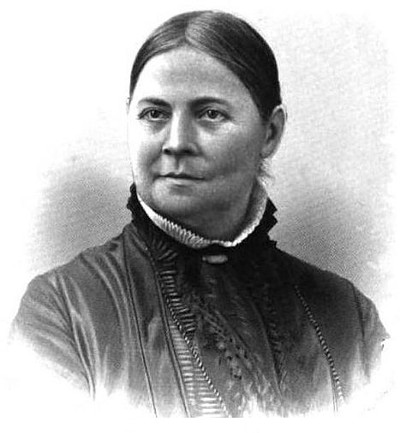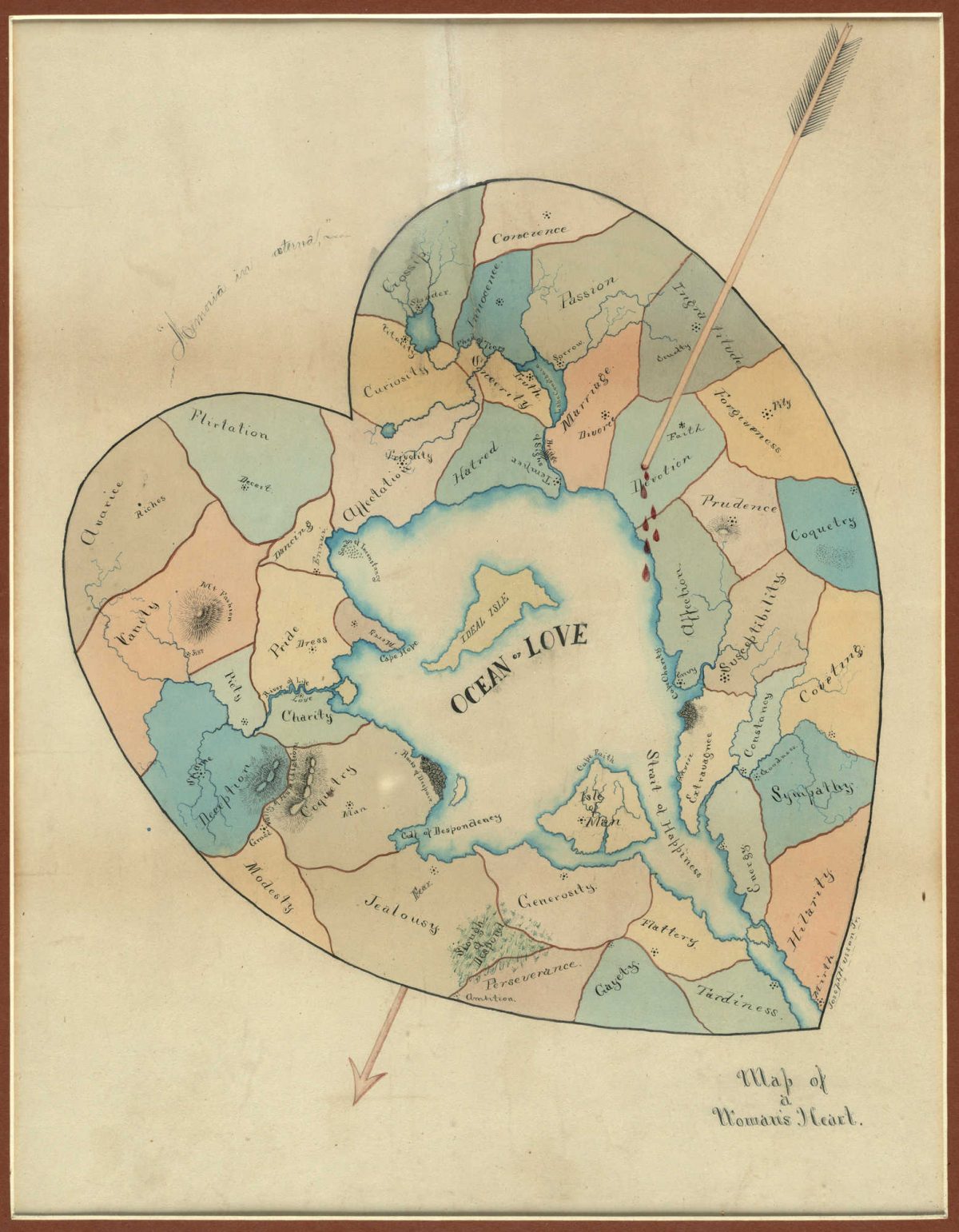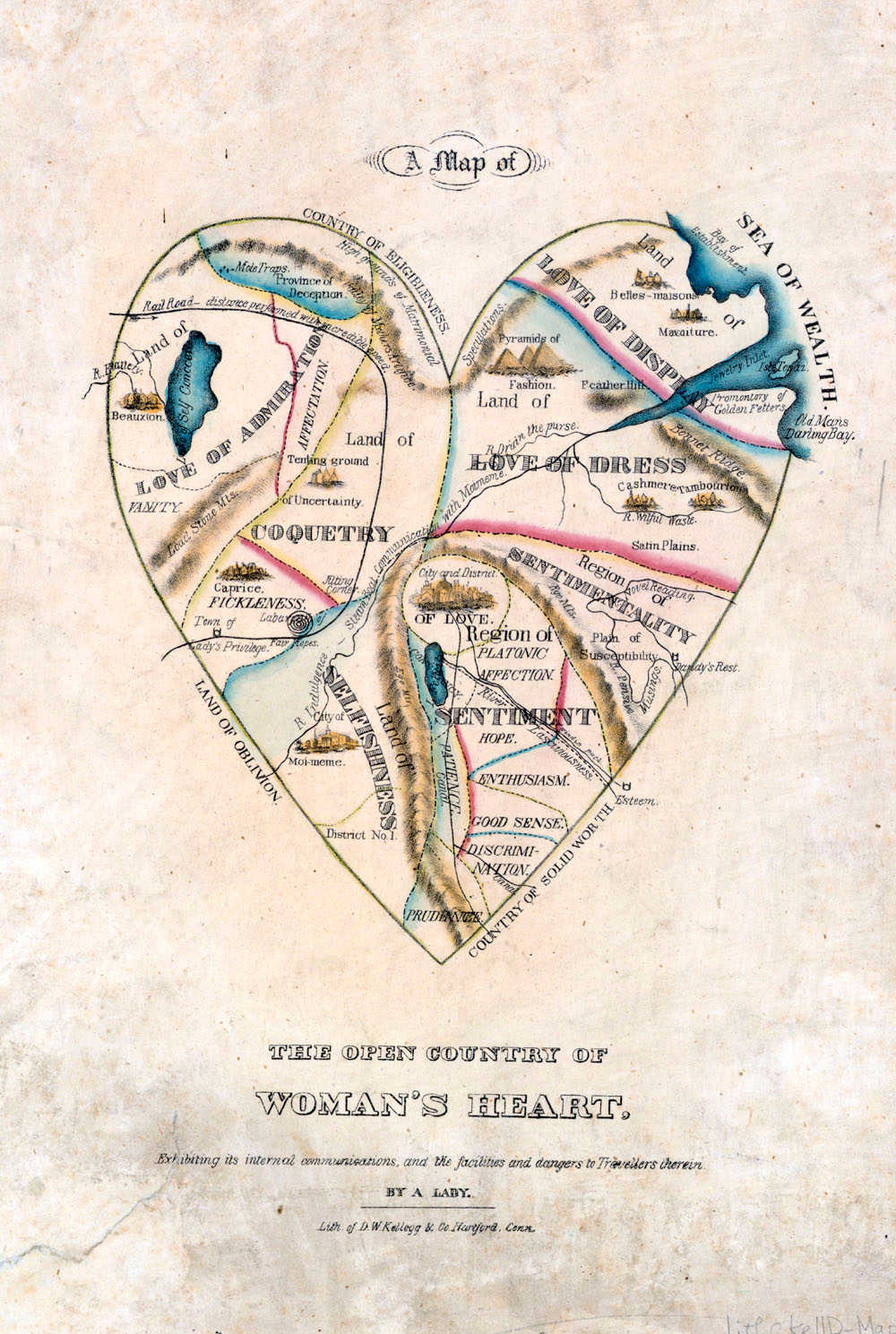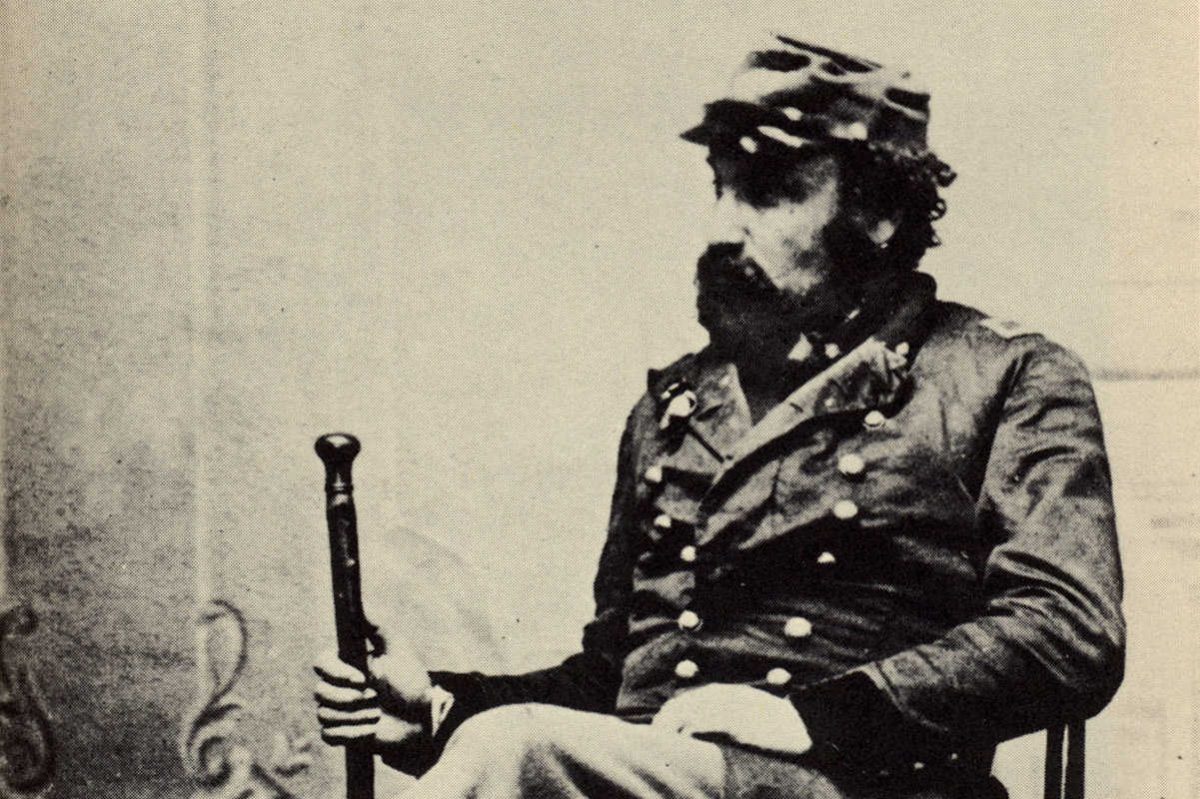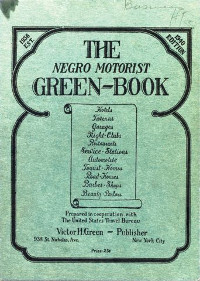
Last year I mentioned Sullivan & Considine’s Theatrical Cipher Code of 1905, a telegraphic code for “everyone connected in any way with the theatrical business.” The idea is that performers, managers, and exhibitors could save money on telegrams by replacing common phrases with short code words:
Filacer – An opera company
Filament – Are they willing to appear in tights
Filander – Are you willing to appear in tights
Filiation – Chorus girls who are shapely and good looking
Filibuster – Chorus girls who are shapely, good looking, and can sing
At the time I lamented that I had only one page. Well, a reader just sent me the whole book, and it is glorious:
Abbacom – Carry elaborate scenery and beautiful costumes
Abbalot – Fairly bristles with hits
Abditarum – This attraction will hurt our business
Addice – Why have not reported for rehearsal
Admorsal – If you do not admit at once will have to bring suit of attachment
Behag – Not the fault of play or people
Bordaglia – Do not advance him any money
Boskop – Understand our agent is drinking; if this is true wire at once
Bosom – Understand you are drinking
Bosphorum – Understand you are drinking and not capable to transact business
Bosser – We are up against it here
Bottle – You must sober up
Bouback – Your press notices are poor
Deskwork – A versatile and thoroughly experienced actress
Despair – Absolute sobriety at all times essential
Detour – Actress for emotional leads
Devilry – Actress with child preferred
Dextral – An actor with fine reputation and proven cleverness
Dishful – Comedian, Swedish dialect
Disorb – Do not want drunkards
Dispassion – Do you object to going on road
Distal – Good dresser(s) both on and off stage
Dormillon – Lady for piano
Drastic – Must be shapely and good looking
Druism – Not afraid of work
Eden – Strong heavy man
Election – What are their complexions
Epic – Does he impress you as being reliable and a hustler
Exclaimer – Are they bright, clever and healthy children
Eyestone – Can you recommend him as an experienced and competent electrician
Faro – A B♭ cornetist
Flippant – Must understand calcium lights
Fluid – Is right up-to-date and understands his business from A to Z
Forester – Acts that are not first class and as represented, will be closed after first performance
Foxhunt – Can deliver the goods
Gultab – The people will not stand for such high prices
Hilbert – State the very lowest salary for which she will work, by return wire
Jansenist – Fireproof theatre
Jinglers – How did the weather affect house
Jolly – Temperature is 15° above zero
There’s also an appendix for the vaudeville circuit:
Kajuit – Trick cottage
Kakour – Grotesque acrobats
Kalekut – Sparring and bag punching act
Kernwort – Troupe of dogs, cats and monkeys
Kluefock – Upside down cartoonist
Koegras – Imitator of birds, etc.
Letabor – Act is poorly staged and arranged
Litterat – The asbestos curtain has not arrived yet
Mallius – How many chairs do you need in the balcony
Meleto – Is the opposition putting on stronger shows than we
The single word “Lechuzo” stands for “Make special effort to mail your report on acts Monday night so as to enable us to determine your opinion of the same, as in many instances yours will be the first house that said act has performed in, and again by receiving your report early it enables us to correct in time any error that may be made regarding performer, salary and efficiency.”
(Thanks, Peter.)
